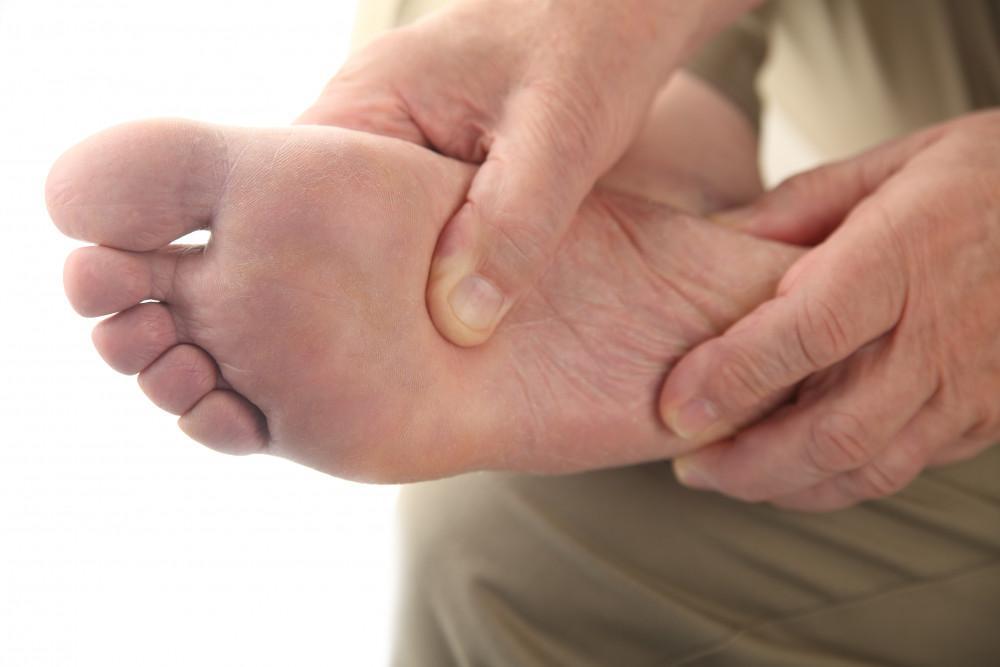
08 Oct Common Feet Issues and How to Treat Them?
Foot problems are common and can significantly disrupt your daily life. But you don’t have to struggle in silence. Understanding common foot conditions and their treatment options is key to making informed decisions about your health. This information will help you find relief and guide you on when to seek help from a foot specialist.
Heel Pain
Heel pain is a common foot complaint, and a foot specialist will often diagnose it as plantar fasciitis. This occurs when the band of tissue connecting your heel to your toes becomes inflamed. To start, you can try conservative treatments, such as rest, ice, and over-the-counter anti-inflammatory medication, to relieve mild pain. Stretching your plantar fascia and Achilles tendon, along with wearing supportive shoes, can also help reduce tension and support your recovery.
If these simple treatments don’t bring enough relief, a foot specialist can offer more advanced options. They might recommend custom orthotics for better foot support, physical therapy for targeted exercises, or corticosteroid injections to reduce inflammation. For very persistent cases, advanced treatments such as extracorporeal shock wave therapy may be recommended to help you recover.
Bunions
Bunions form when the joint at the base of your big toe shifts, causing the toe to angle towards your other toes and creating a bony bump. Genetics, your foot structure, and the types of shoes you wear all contribute to bunion development. For early-stage bunions, focus on relieving symptoms and preventing them from getting worse. Properly fitting shoes with ample toe space helps reduce pressure, and using toe spacers or bunion pads will provide additional comfort and support alignment.
If you experience flare-ups, anti-inflammatory medications may be prescribed to help reduce pain and swelling. If your bunions cause persistent pain or interfere with your daily activities, it’s a good idea to consult a foot specialist. They can assess your condition and discuss appropriate surgical options if conservative measures no longer provide enough relief.
Neuropathy
Peripheral neuropathy affects the nerves in your feet, causing symptoms like numbness, tingling, burning, or sharp pain. Diabetes is the most common cause, but other health conditions can also lead to nerve damage. Managing neuropathy involves treating the underlying cause and relieving your symptoms.
If you have diabetic neuropathy, controlling your blood sugar is key to preventing more nerve damage. Medications specifically designed for neuropathic pain can help alleviate discomfort and enhance your overall quality of life. A foot specialist can help you create a treatment plan that works for you.
Because neuropathy reduces sensation, it’s beneficial to protect your feet from injury. It is helpful to wear proper footwear, check your feet daily for any issues, and test water temperature before bathing. A foot specialist will offer guidance on the proper footwear and other protective strategies to keep your feet safe.
See a Foot Specialist Today
Foot problems require prompt attention to prevent complications and maintain mobility. While some conditions respond well to conservative treatment, others may need professional intervention from a qualified foot specialist. Regular foot care, wearing appropriate footwear, and seeking early treatment for problems all contribute to maintaining long-term foot health. If you experience persistent foot pain, changes in foot appearance, or symptoms that interfere with daily activities, reach out to a healthcare provider who specializes in foot conditions. Early intervention often leads to better outcomes and can prevent minor issues from becoming major problems.

No Comments